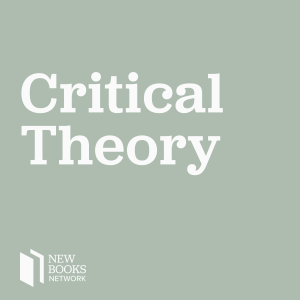
Xiao Liu, "Information Fantasies: Precarious Mediation in Postsocialist China" (U Minnesota Press, 2019)
 2019-12-21
2019-12-21
Download
Right click and do "save link as"
International and transnational historiography has given us vivid glimpses of the development and impact of cybernetics on a national scale in such countries as the Soviet Union, Chile and, of course, in the US and Great Britain where the field initially began to coalesce. Now, Xiao Liu’s Information Fantasies: Precarious Mediation in Postsocialist China (University of Minnesota Press, 2019) makes a massive contribution to the field by opening up a fascinating new vista for scholars of cybernetics, film studies, literature, media studies, science and technology studies, and beyond.
Liu’s meticulously researched and crisply written book takes us from the heady days of China’s “qi gong craze” and notions of the human body as a transparent medium through which “information waves” could pass, through investment and research into “a theory of metasynthetic wisdom” that could lead to a “global human-machine intelligent system,” the evolution of “expert systems” to provide knowledge and guidance in the absence of human experts, the novel deployment of Ross Ashby’s theory of “ultrastability” to describe China’s supposed resistance to modernization, information aesthetics within a new rising tide of advertising and market activity, and much, much more.
All of this combines to a reveal a China after Mao, vigorously employing the theoretical tools of cybernetics to, not only re-configure its socio-political image on a national scale, but to actually craft a new post-socialist subjectivity at the scale of the individual citizen. Illustrating the profound impacts of, and reactions to, these efforts through provocative samplings from Chinese literature, film, and popular culture writ large, Liu manages, in the words of Oxford’s Margaret Hillenbrand to “entirely reconfigure our understanding of the media landscape in 1980’s China."
Learn more about your ad choices. Visit megaphone.fm/adchoices
view more
More Episodes
012345678910111213141516171819
Create your
podcast in
minutes
- Full-featured podcast site
- Unlimited storage and bandwidth
- Comprehensive podcast stats
- Distribute to Apple Podcasts, Spotify, and more
- Make money with your podcast
It is Free
- Privacy Policy
- Cookie Policy
- Terms of Use
- Consent Preferences
- Copyright © 2015-2024 Podbean.com





